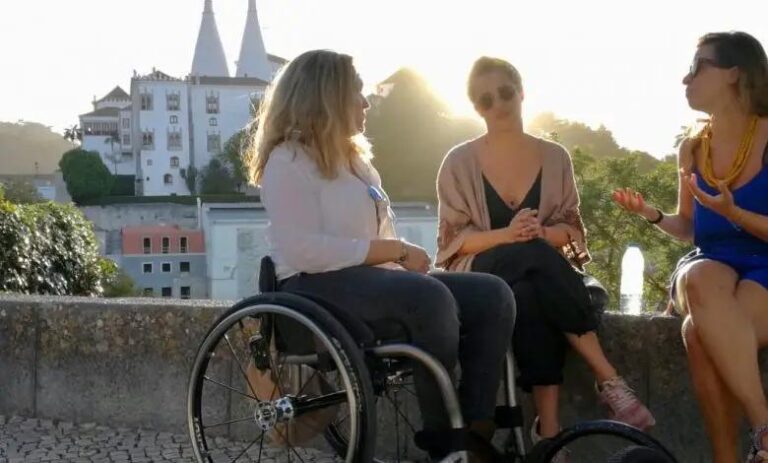The Intersection of Disability and Poverty in Portugal
Disability and poverty are interconnected issues affecting many individuals in Portugal. This intersection poses significant challenges for disabled individuals striving for a better quality of life. The complexity of these challenges requires a multifaceted approach to address them effectively.
Understanding Disability in Portugal
In Portugal, disability is defined broadly, encompassing a range of physical and mental conditions that impede daily functioning. The World Health Organization reports that around 19% of the Portuguese population lives with some form of disability. This significant percentage illustrates the urgent need for policies that specifically cater to the needs of this vulnerable group.
The Economic Implications of Disability
Poverty is a pervasive issue for many disabled individuals in Portugal, as their conditions often limit employment opportunities. Statistics indicate that people with disabilities are more likely to be unemployed than their non-disabled counterparts. This economic disadvantage contributes to a cycle of poverty that can be difficult to escape.
Social Factors Contributing to Poverty
Social stigma and lack of awareness about disabilities further exacerbate the poverty faced by these individuals. Many people with disabilities experience discrimination, which limits their access to education and employment opportunities. This discrimination perpetuates a culture of exclusion and marginalization.
The Role of Government Initiatives
The Portuguese government has implemented various initiatives aimed at improving the lives of individuals with disabilities. Programs focused on social integration and financial aid can help alleviate some of the burdens faced by disabled individuals. Nevertheless, more needs to be done to ensure these individuals have equal opportunities and resources.
The Importance of Advocacy and Support
Advocacy groups in Portugal play a crucial role in raising awareness about the intersection of disability and poverty. These organizations often provide essential support and services for affected individuals. By promoting education and inclusiveness, they aim to break the cycles of poverty that many disabled individuals face.
Conclusion
Addressing the intersection of disability and poverty in Portugal requires comprehensive strategies that involve government, NGOs, and community support. By recognizing these issues, we can work towards a more equitable society for all. For further insights into this pressing topic, you can read more about it at Borgen Project.

